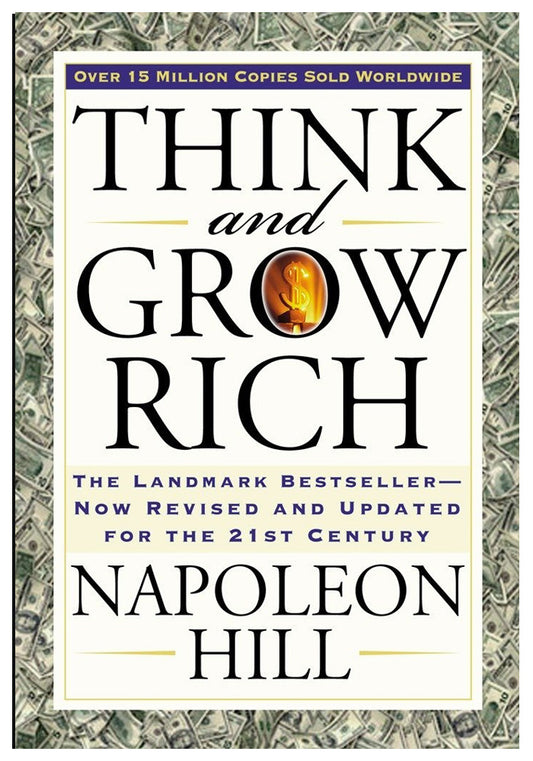The Book of Rumi
Estimate delivery times: 02-05 days (Main Cities Pakistan), 4-08 days (Remote Cities).
Return within 07 days of purchase. Courier Charges are non-refundable.






Estimate delivery times: 02-05 days (Main Cities Pakistan), 4-08 days (Remote Cities).
Return within 07 days of purchase. Courier Charges are non-refundable.

Populated with fools and wise men, the regal and enslaved, prophets and unbelievers, these homilies, parables, and portraits explore faith in God and human relationships with unusual insight. Their simplicity, rather than seeming diluted, reveals a talent for cutting to the essence of high and low subjects. Elements of Aesop’s bestiary mingle with tales inspired by the Quran and everyday life. Jesus of Nazareth appears alongside unnamed dervishes. From the plausible to the allegorical, Rumi’s encounters provide morals that are sometimes clearly stated and sometimes cloaked in mystery, but often connected to the war between the flesh and the spirit.
Whether considering chickpeas alongside humans who question their place, or misguided pity and impudence in a man who assumes that a firewood gatherer needs his charity, Rumi reveals his characters’ pride in their own worth. No matter how familiar his themes are—the power of words to harm and heal, the folly in getting a fool to change his ways—they are reworked into memorable scenarios. Narguess Farzad, in a useful foreword that provides historical background, makes a convincing argument for Rumi’s continuing value in modern society.
It’s no accident that several stories repeat ideas, though in different, colorful guises. Time and again Rumi urges his readers to find wisdom by looking beyond the superficial details of business dealings, romance, and neighborly encounters. When a dervish declares that “the signs of the Beloved … are imprinted on one’s heart,” it is as pertinent to the entire collection as it is to the particular moment that inspires it. This beautifully produced volume is a welcome introduction to a classic poet’s work.
For all orders exceeding a value of 100USD shipping is offered for free.
Returns will be accepted for up to 10 days of Customer’s receipt or tracking number on unworn items. You, as a Customer, are obliged to inform us via email before you return the item.
Otherwise, standard shipping charges apply. Check out our delivery Terms & Conditions for more details.
Returns will be accepted for up to 10 days of Customer’s receipt or tracking number on unworn items. You, as a Customer, are obliged to inform us via email before you return the item, only in the case of:
– Received the wrong item.
– Item arrived not as expected (ie. damaged packaging).
– Item had defects.
– Over delivery time.
– The shipper does not allow the goods to be inspected before payment.
The returned product(s) must be in the original packaging, safety wrapped, undamaged and unworn. This means that the item(s) must be safely packed in a carton box for protection during transport, possibly the same carton used to ship to you as a customer.
Don't forget! The products that you viewed. Add it to cart now.
Here’s some of our most similar products people are buying. Click to discover trending style.